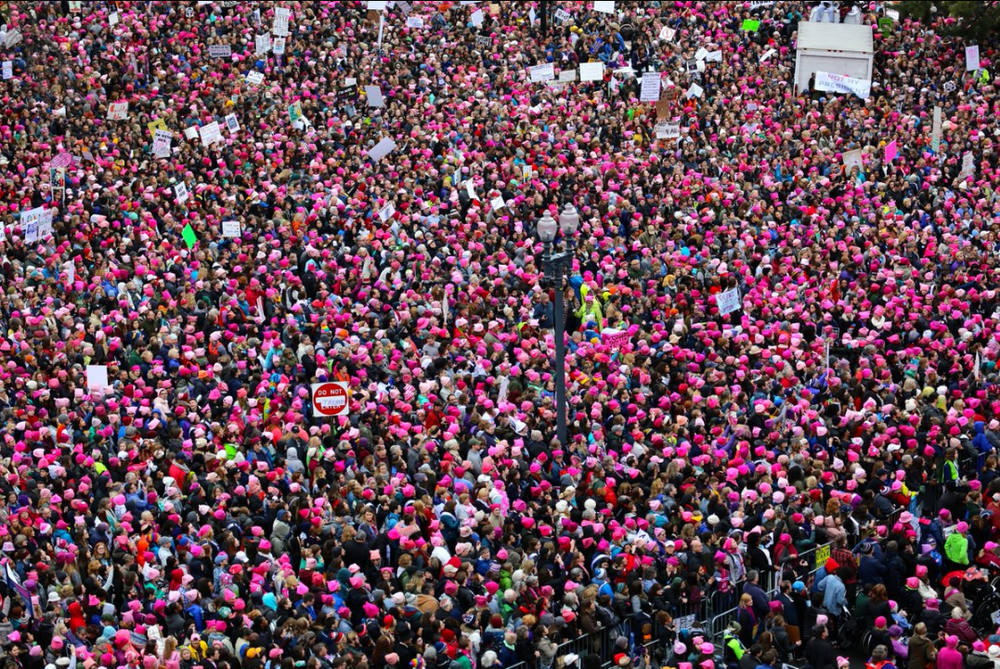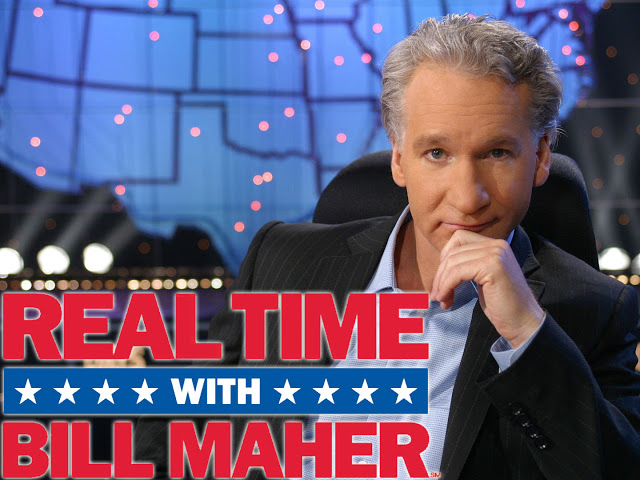altMuslimah’s Zehra Rizavi recently interviewed Joohi Tahir, the Executive Director of the non-profit MUHSEN, an organization founded by Shaykh Omar Suleiman that advocates for families and individuals in Muslim American communities with special needs members. A few weeks ago, MUHSEN launched an endeavor never before undertaken by any other Muslim American organization– taking a group of families with children, as well as adults, who have disabilities for Umrah.
Tell us a bit about yourself. How did you become Executive Director of MUHSEN?
Let me start at the beginning. Very simply, I never had to think about disability for most of my life, that is, until my second daughter was diagnosed with autism at the age of two. Around the very same time, my dear mother, who was an active and vibrant woman, suddenly woke up one morning to fall out of bed, unable to move properly. The doctors diagnosed her with partial paralysis caused by an inoperable brain tumor. She passed away five months later at the age of 59.
It was at this time in my life that I came to intimately know disability. I watched my precious daughter, now showing classic symptoms of autism, such as loss of speech, avoidance of eye contact and a decline in socialization, and my dear mother, with her concurrent loss of mobility, independence and speech both become increasingly dependent on their family. It was a painful and abrupt introduction to the world of disability.
It was years later, in 2012, when my husband and I were performing hajj in a group led by Shaykh Omar Suleiman, where I came to the realization that Allah plans our each and every turn in life with loving meticulousness. I unburdened myself to Shaykh Omar, sharing our challenges as parents to a child with autism, when it came to accessing the community and masjid. As an outspoken advocate of special needs individuals (you don’t come across many people in the Muslim community willing to share their family struggles with candor), I had spoken over the years with other mothers and at small events about how unwelcome and isolated families like ours felt.
I hoped Shaykh Omar would use his platform as a community leader to help families like mine become more fully integrated into the community. He listened attentively and, having lived with a mother who had suffered from hearing and speech disabilities due to an illness, he felt special empathy for this cause. True to his word, he supported my strategic plan to help families who have members with disabilities gain more access to their community events and mosques. Thus, several months later MUHSEN was launched: Muslims Helping and Understand Special Education Needs. Alhumdulillah.
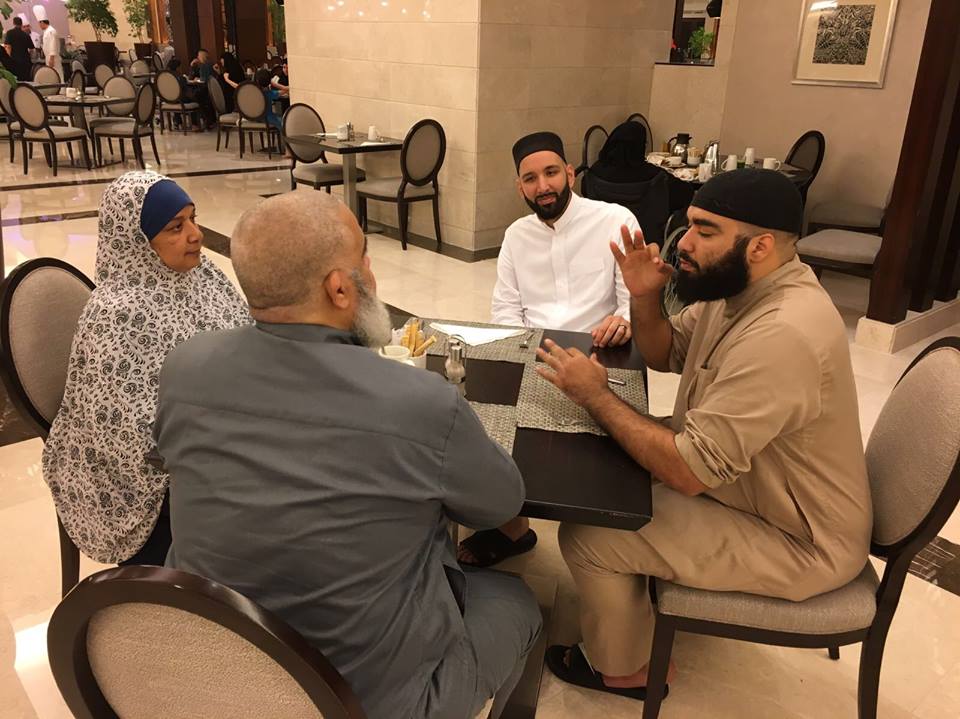
One of the major services MUHSEN provides is organizing Umrahs for families with special needs children. How did the non-profit decide on offering this particular service?
December 2017 was our first ever MUHSEN Umrah. Whether we provide a welcoming space at a masjid, a convention, a dinner or at Eid prayer, those with disabilities deserve to feel a spiritual connection and a sense of community belonging just as much as anyone else. We knew that MUHSEN would need to provide access and support in everyday tasks for these individuals, but that even more support would be needed if these families were to perform Umrah. Having taken my daughter to Umrah years prior, I knew what a spiritually uplifting, calming and amazing experience it had been for her and our entire family, and I wanted that for everyone. Many of the blessed people who live with family members with disabilities long for the chance to perform Umrah or Hajj, but shy away from traditional groups fearing judgement and a lack of supports for their loved ones. MUHSEN wanted to change that.
Tell us about the umrah that MUHSEN staff and families performed?
MUHSEN partnered with the Dar el Salam Travel to provide a guided umrah trip for eight nights for a total of 58 individuals. These people joined us from across the country-Texas, New York, Florida and more. Our attendees had a range of disabilities including, down syndrome, autism, hearing impairment, seizure disorder, intellectual disability and Prader-Willi syndrome. Each family was assigned a trained MUHSEN volunteer. The volunteer members of #TeamMUHSEN were chosen specifically for this trip and had prior experience working with special needs individuals. MUHSEN made sure to have these volunteers, including the spiritual guides, go through sensitivity training as well as emergency medical and CPR training prior to the trip. From the start of the trip, each volunteer was assigned to one specific family.
For the Umrah itself, we split into two groups, with each group performing the Umrah at the same time but in different locations and led by different scholars. One group performed the Umrah in the area directly around the Kaabah, while the other fulfilled the rituals in the wheelchair and stroller-accessible outer level. In fact, some parents were given the opportunity to be in the first group because their selfless volunteers agreed to take the children with wheelchairs up onto the second level for the moms and dads. The three spiritual leaders who traveled with us guided each group on the rituals and requirements of the Umrah with direction on steps, duas and significance. These were some of the most compassionate, kind leaders you will find in our generation mash’Allah. The feedback from those who attended was outstanding, the group was full to capacity and many have reached out to join our next Umrah, in shaa Allah next year.
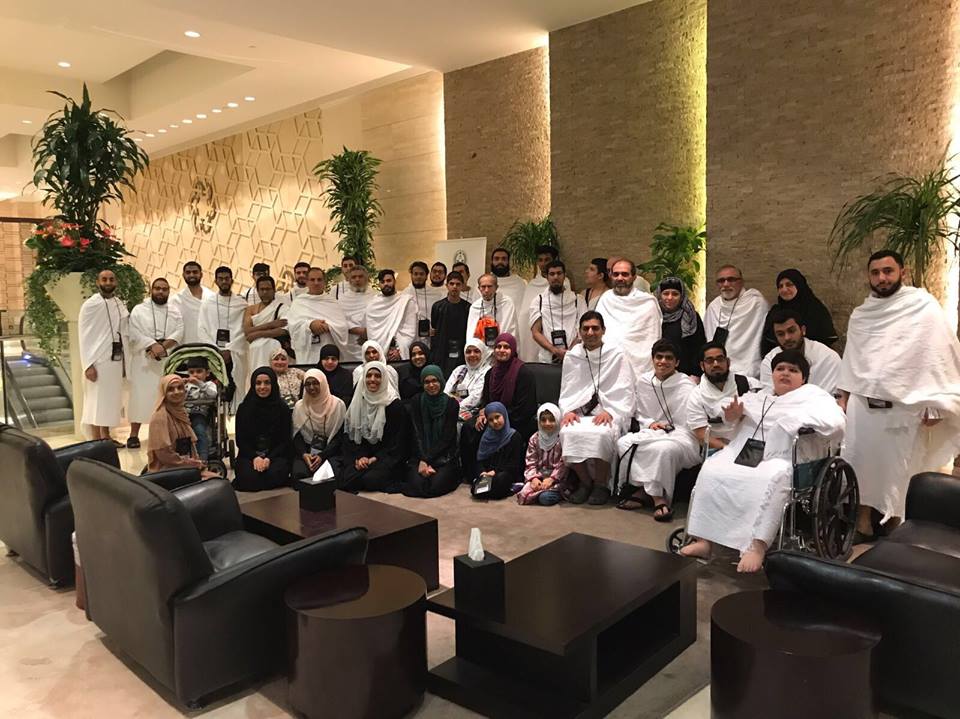
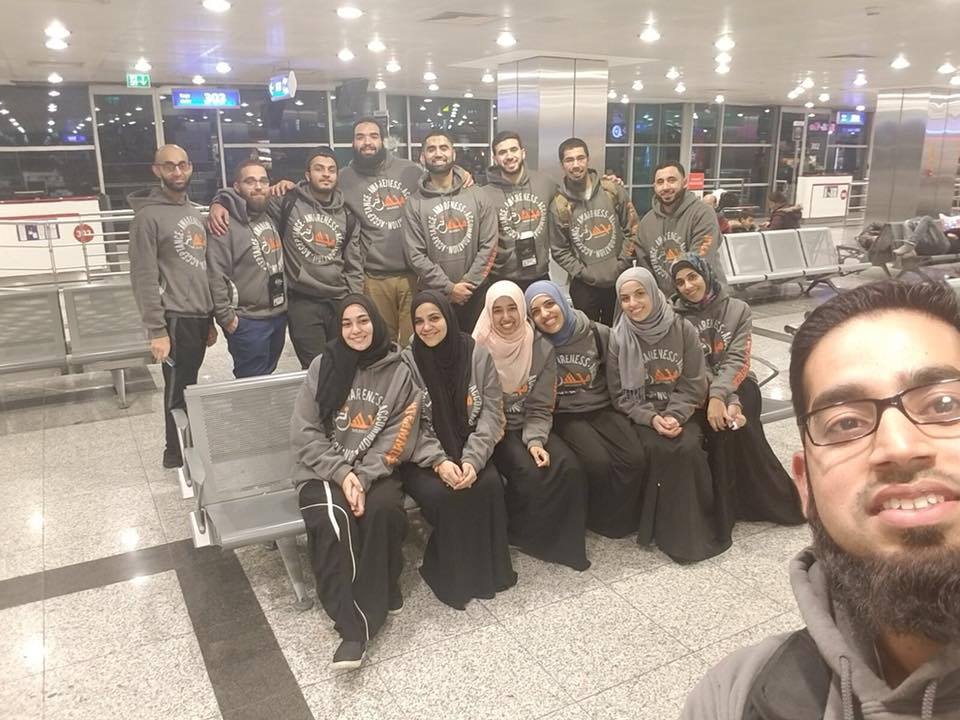
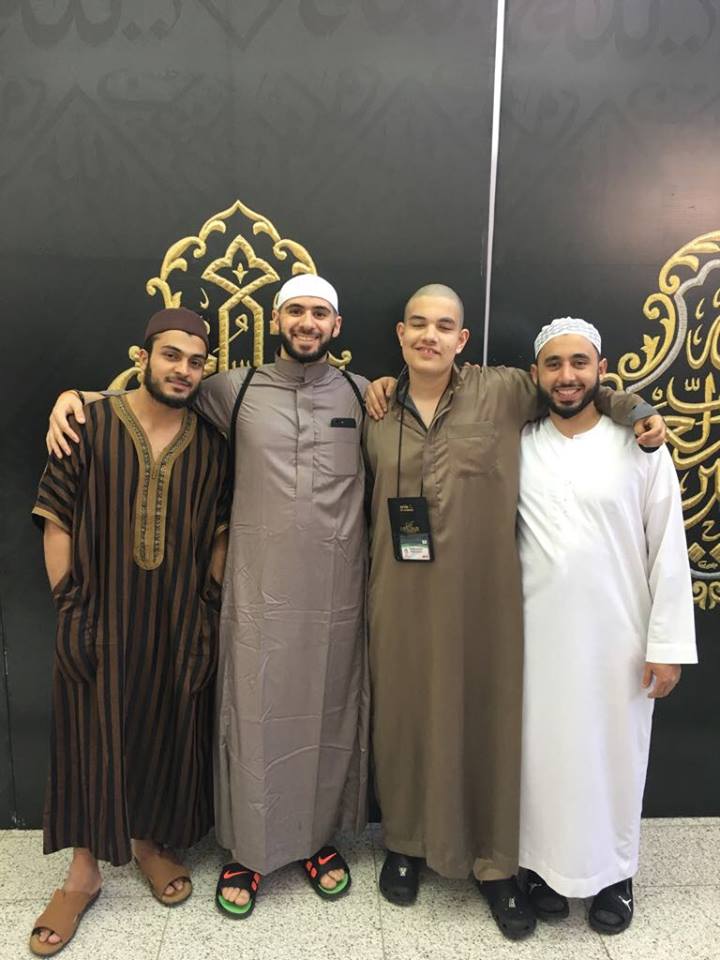
What was the most challenging part of the Umrah and what was the most surprising?
The most challenging part of the Umrah was that this being MUHSEN’s first one, we simply could not anticipate every need that would arise. When taking people of all ages and disabilities, some mobile, some less mobile, some verbal, some non-verbal, some children, some adults, it is impossible to predict how any one of these attendees will respond to the conditions, the surroundings, the fatigue, lights, and crowds. All in all, the flexibility, resourcefulness and compassion of the volunteers, who knew they were there solely to facilitate and make this an easy, memorable journey for the families, helped ease this process for everyone.
What was surprising to us all, was how well everyone responded and worked together. What was once a group of strangers flying to the same destination became a family. We paired volunteers and families, who then spoke to one another before the trip, but it was only when everyone assembled together in Istanbul did we almost immediately form a bond born of our collective mission.
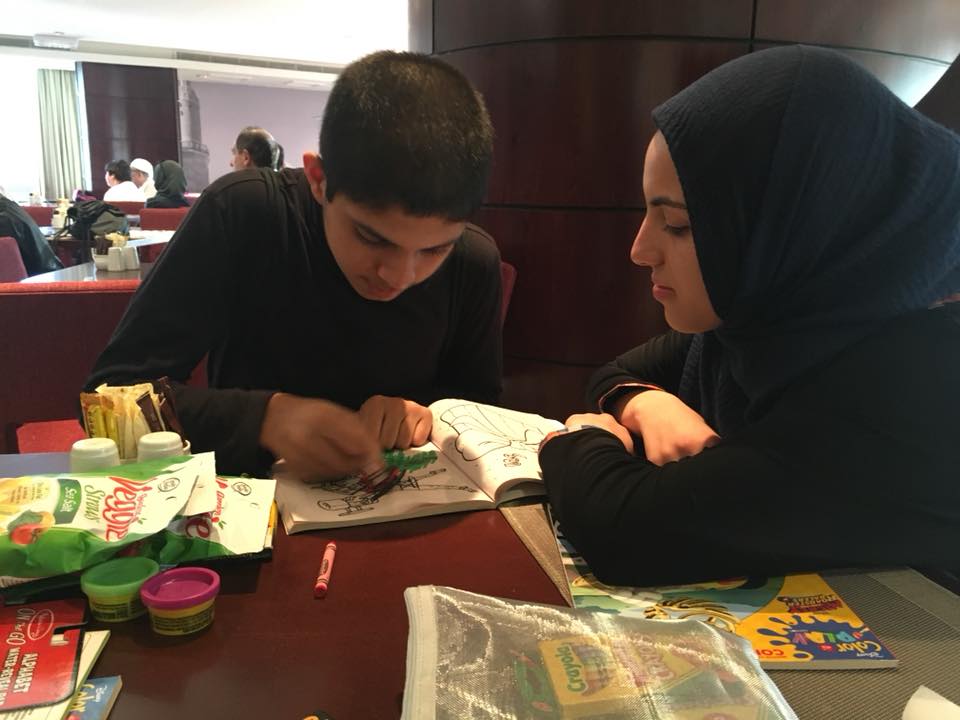
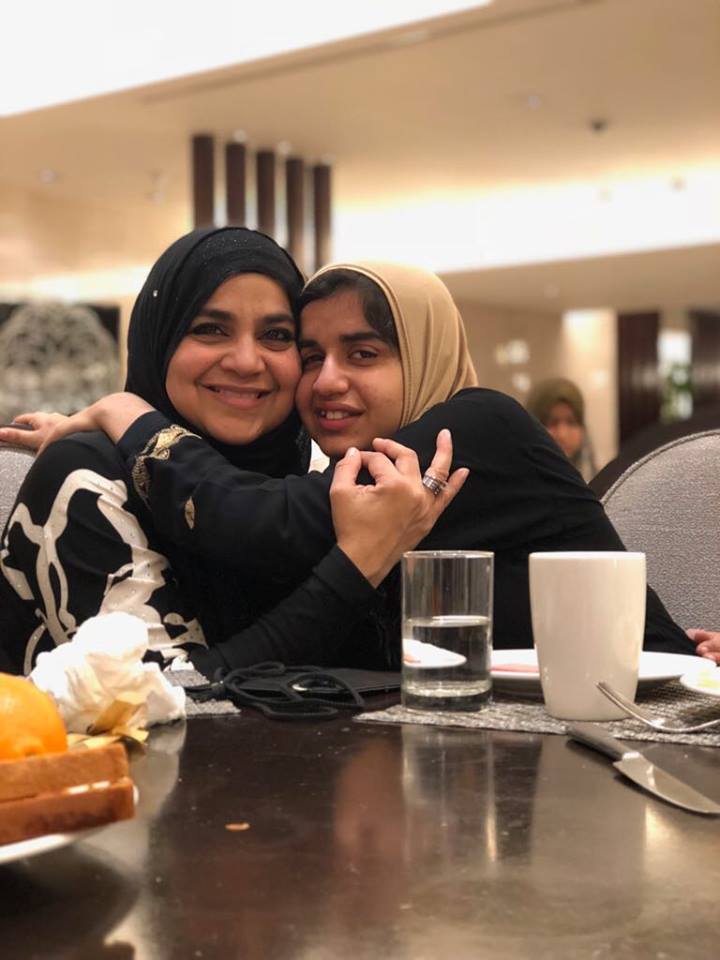
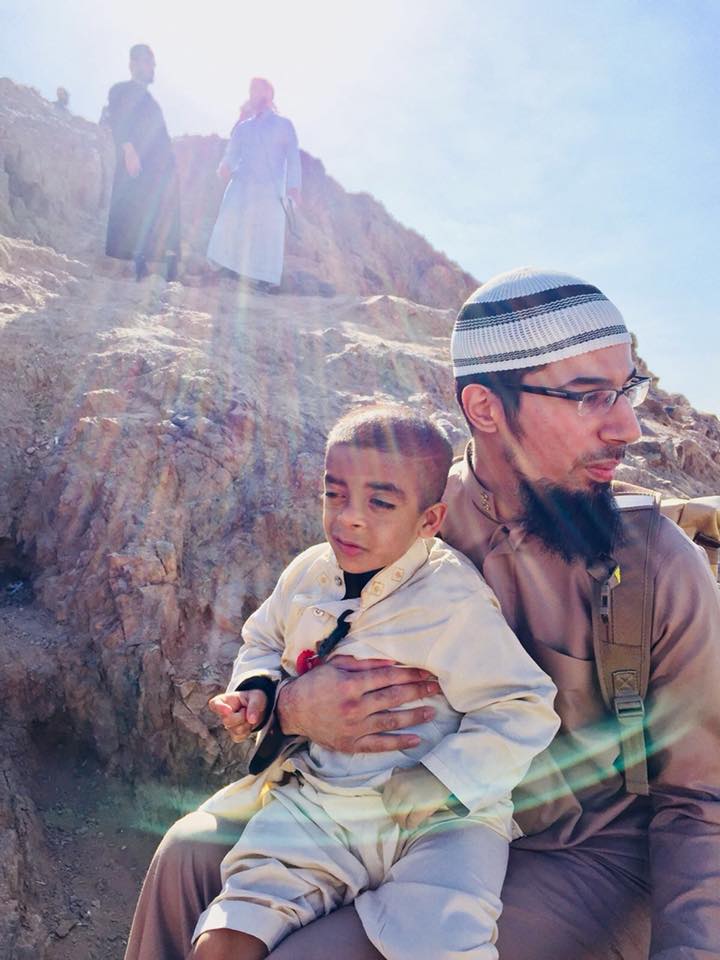
How does one become a volunteer/helper on future Umrahs?
People from across the country who are interested in volunteering for MUHSEN in any capacity—for future Umrahs or otherwise– can sign up to volunteer on our website: www.muhsen.org .We will train them where they live. Volunteers are also needed for events, conventions, weekend school programs designed specifically to serve our community members with disabilities and so much more.
Can readers donate to financially support these Umrahs and where?
Yes, we are a registered non-profit organization (501 c3) that depends on the generosity of donors to serve a marginalized segment of the Muslim American community. Donations can be made at https://muhsen.org/donate/
Can you tell us about the projects and services your non-profit offers apart from an annual Umrah?
Well, MUHSEN guides and certifies mosques around the country in becoming accessible and welcoming for those with disabilities. We also advocate on behalf of families, training others on how to be sensitive to and inclusive of families with members with special needs. We provide weekend classes adapted for children with special needs. MUHSEN also provides ASL interpreters, Braille Qur’ans, matrimonial services, support groups, all of which cater to children and adults with disabilities. We are currently developing a Respite Care Program, among our many other projects, which allows caregivers to take a break from their caregiving duties, whether they go out to lunch, take a nap or go to an event, while we care for their loved one. Our long term goal is to provide Day Programs for Muslims with disabilities who are unable to work or attend higher education programs. Our goal is to offer in a safe, structured environment for these individuals that includes functional training and socialization for them and potentially even residences for those who cannot live independently who need care provided in harmony with their Muslim faith.
Zehra Rizavi is Managing Editor for altMuslimah.

















